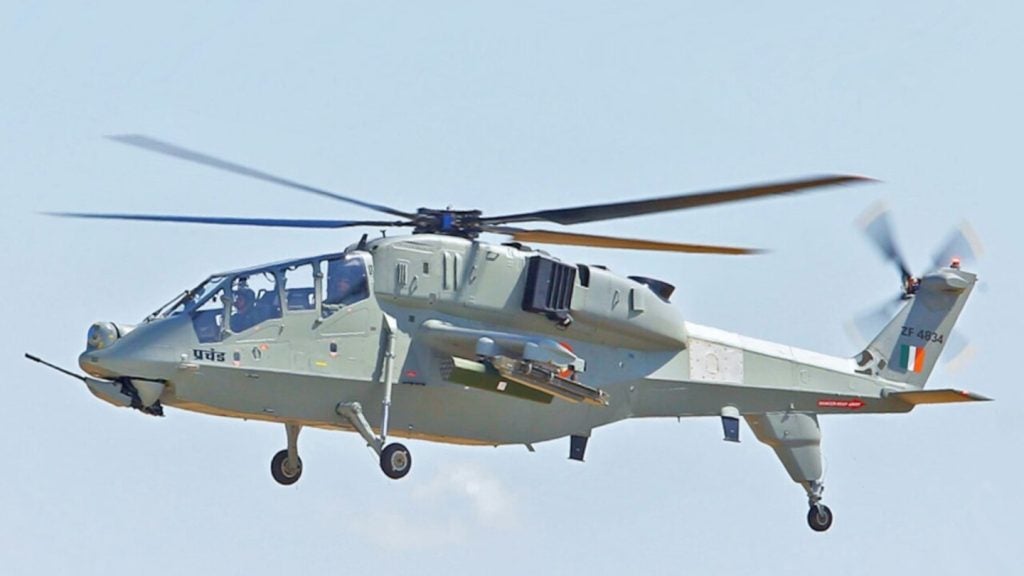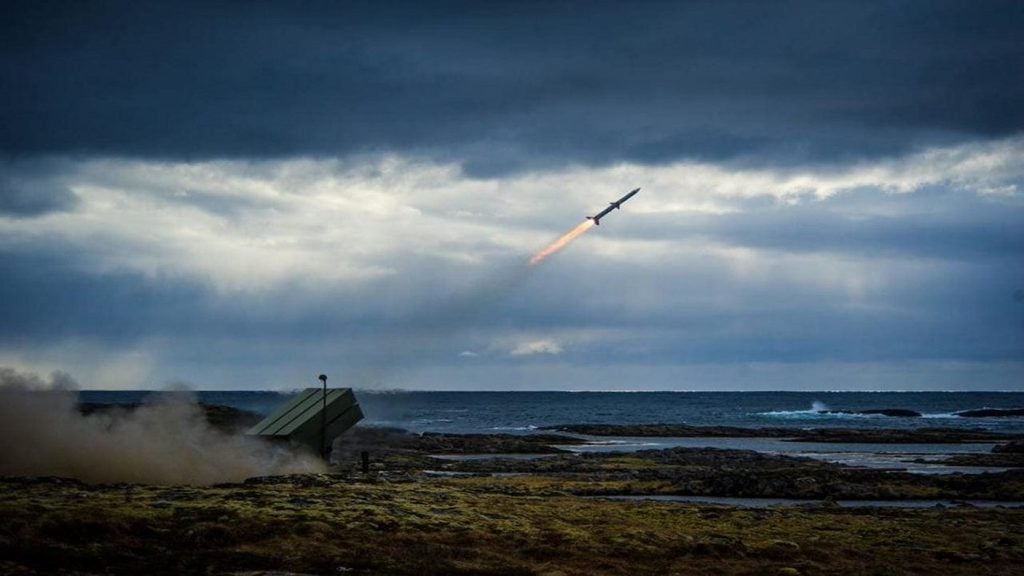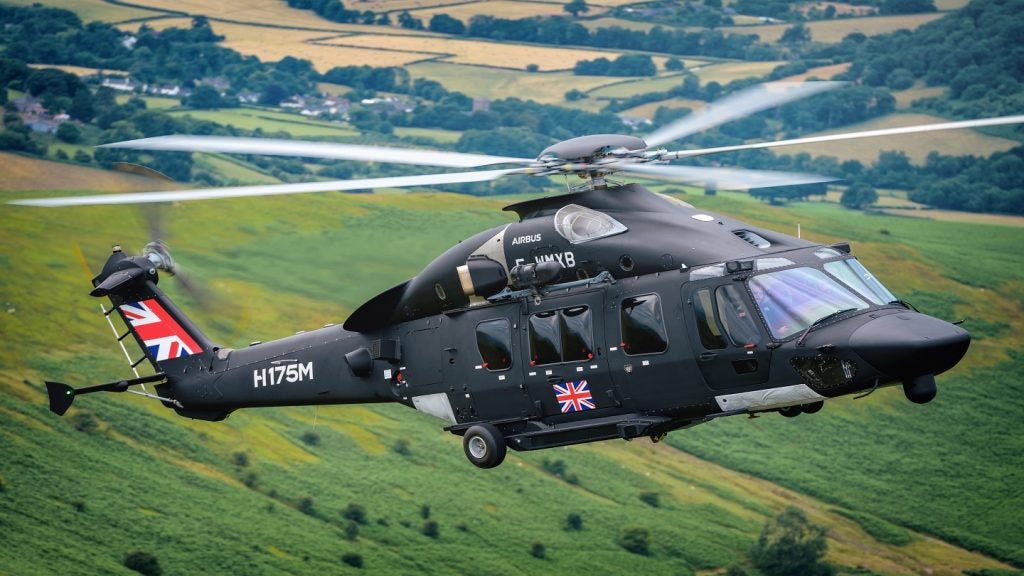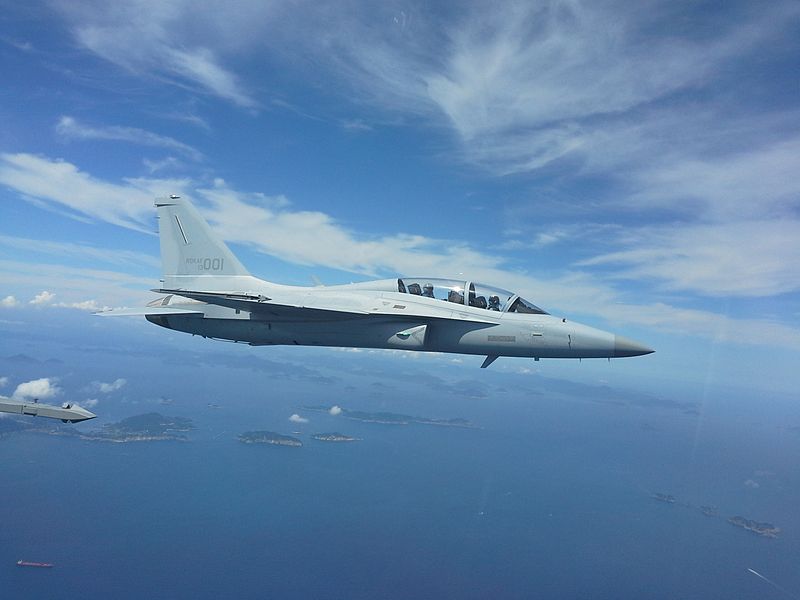
Israel-based Elbit Systems holds four wholly-owned subsidiaries and two joint ventures that support the company in providing capabilities to international defence programmes. Recent contracts to deliver advanced training system capabilities to the British Army and additional training aircraft for the UK Military Flying Training System (UKMFTS) project further strengthen Elbit Systems’ UK presence.
Flight training
In November the UK Ministry of Defence (MOD) awarded Elbit Systems (Elbit) and Kellogg, Brown and Root’s joint venture, Affinity Flying Training Services (Affinity) an approximately £65m contract for the procurement and operation of an additional four Beechcraft T-6C Texan flight trainer aircraft.
Affinity was formed in 2016 in the run-up to the bid to provide a fixed-wing fleet to the UKMFTS programme. The partners then won the 18-year, approximately £500m contract that delivered three different types of aircraft and over 20,000 flying hours.
Elbit and KBR each hold a 50% share in Affinity and equally support and benefit from the deal.
Elbit Systems UK (ESUK) chief executive officer Martin Fausset says: “We had the full range of experience necessary to make a successful joint venture. KBR had the experience of large, complicated private finance initiatives with the MOD. We had experience of running a flight school as we’ve done that in a number of countries.”
How well do you really know your competitors?
Access the most comprehensive Company Profiles on the market, powered by GlobalData. Save hours of research. Gain competitive edge.

Thank you!
Your download email will arrive shortly
Not ready to buy yet? Download a free sample
We are confident about the unique quality of our Company Profiles. However, we want you to make the most beneficial decision for your business, so we offer a free sample that you can download by submitting the below form
By GlobalDataIn Israel, Elbit is responsible for running the Mission Training Centre for the Flight Academies of the Israeli Air Force. This involves providing basic training fleets and helicopters, while in Greece the company is constructing a comprehensive military flying training for the national Air Force.
The four new aircraft for the UK will join the 10 Texans that are already in service with the Royal Air Force (RAF) across three RAF airbases. The T-6C is a two-seater fighter training aircraft propelled by a 1,100hp Pratt and Whitney Canada PT6A turboprop engine. The trainer aircraft can reach 316 kt, an altitude of 31,000ft and can endure 3.5G to 7G forces.
“We recommended the Texan as the best aircraft for the MOD’s requirements. It’s an advanced turboprop which is needed to transit from the Grob [120TP Perfect T1], the first aircraft students fly, to get to the position when they’re ready enough to go into fast jets,” says Fausset.
Currently, students move from the Texan to the Hawk T2 advanced fast jet pilot trainer aircraft. Increasing the fleet from 10 to 14 enables the MOD to conduct training more flexibly, and, given that airbases have enough instructors and students, it can produce more trained pilots.
Fausset adds: “It’s always good to have more aircraft to maintain the currency of the instructor pilots and to train more instructor pilots. The focus over the next six to nine months will be on training the qualified flying instructors for the Texan squadron to enable the capacity of the training pipeline to be increased and this enables that to be successful.”
The other two Affinity aircraft operated under the UKMFTS programme are the Embraer Phenom 100 and the Grob 120TP The Prefect.

Advanced training systems
After contributing its digital technology and autonomous system during the Army Warfighting Experiment last year, ESUK has now been selected to deliver the British Army’s Interim Combined Arms Virtual Simulation (Deployable) ICAVS(D). This is a pathfinder project for the Collective Training Transformation Programme and will replace the current Unit-Based Virtual Trainer system by 1 April 2022.
Fausset says: “There several areas where the two systems differ. “ICAVS(D)’s got better visual systems, better computing and we’re able to incorporate virtual reality (VR) functions and features as part of this system. It enables more in-depth, more rich training to be conducted at a unit level.”
ESUK will start rolling out the platform to various places from the second quarter of next year. The ICAVS(D) will enable the British Army to carry out more comprehensive and more intense training.
The new system’s database will use the UK MOD’s Defence Virtual Simulation (DVS) 2 solution, an advanced version of a military training software developed by a global simulation expert Bohemia Interactive Simulations.
The ICAVS(D) shows a considerable amount of enhanced computing equipment. The system, unlike similar military simulations, will run from portable, small box-sized PCs as opposed to laptops. This solution encompasses a more powerful computer that provides better graphics, better memory and storage capacity. Moving the hardware to PC allowed ESUK to design a bigger but still portable display.
“That’s going to give fairly obvious improvements in the training experience. And we’ve incorporated some options for virtual reality goggles and helmet-type training as well where it’s applicable,” says Fausset.
The ICAVS(D) will be used by both reserve and in-service soldiers in the British Army and will enable the forces to conduct experimentation and collective readiness training, including vehicle crew and Combined Arms Sub-Unit. The advanced DVS 2 will allow personnel to practice complex operational scenarios, with the software accurately reflecting weather, terrain and environmental conditions.
It also offers VR training, but Fausset warns that it should only be deployed where it adds value to the training.
“We need to be smart about how to use the technology. In some places, it doesn’t fit. For example, if there’s a team of four soldiers that you want to train to operate in a team setting, sticking them in VR helmets isn’t helpful; you lose human interaction,” he adds.
ICAVS(D) will help the army formulate their requirements for the future replacement of the UK’s Command and Staff Training and the Combined Arms Tactical Trainer systems. ESUK’s platform may even replace some parts of those systems and give the army some flexibility as to how to use collective training systems in the future.







